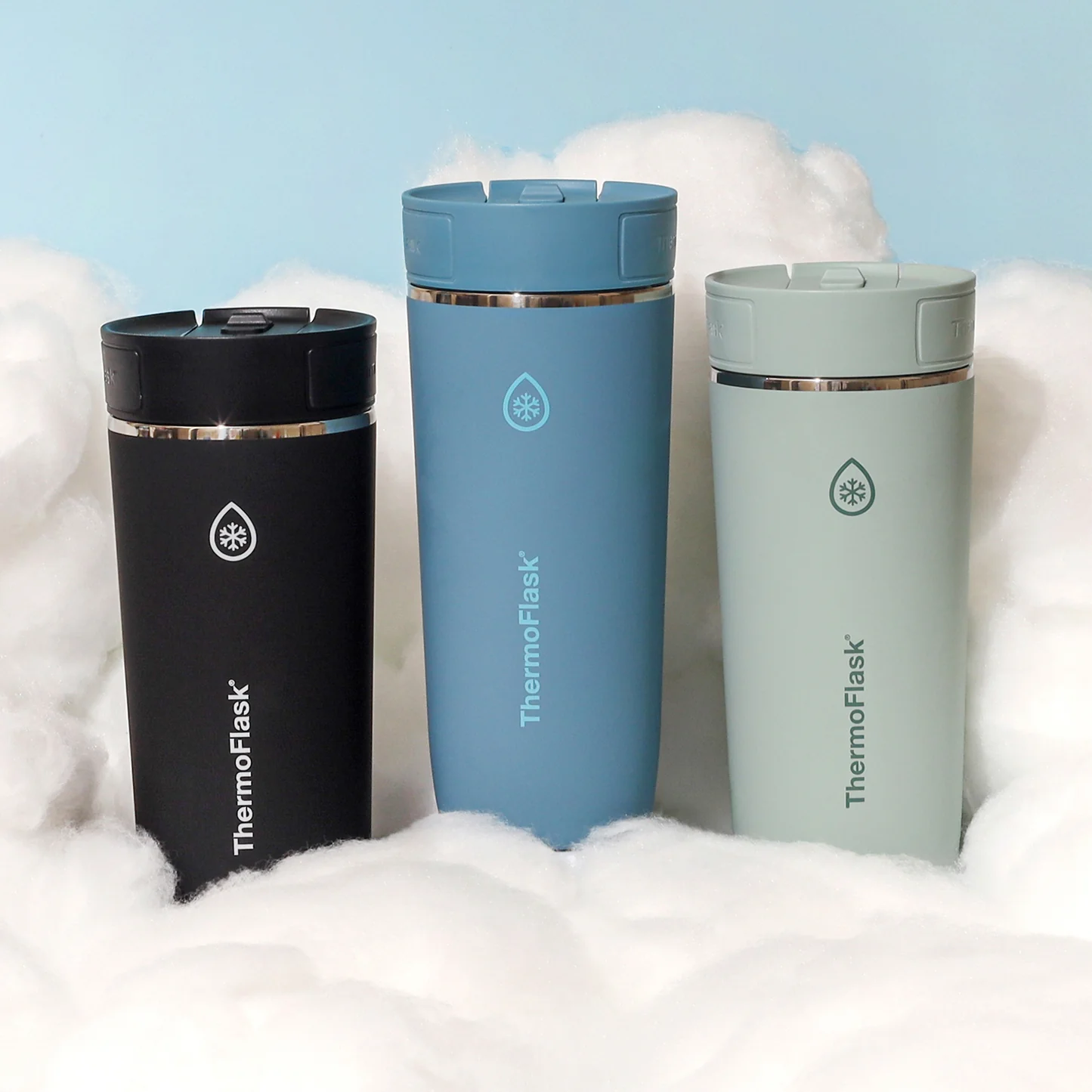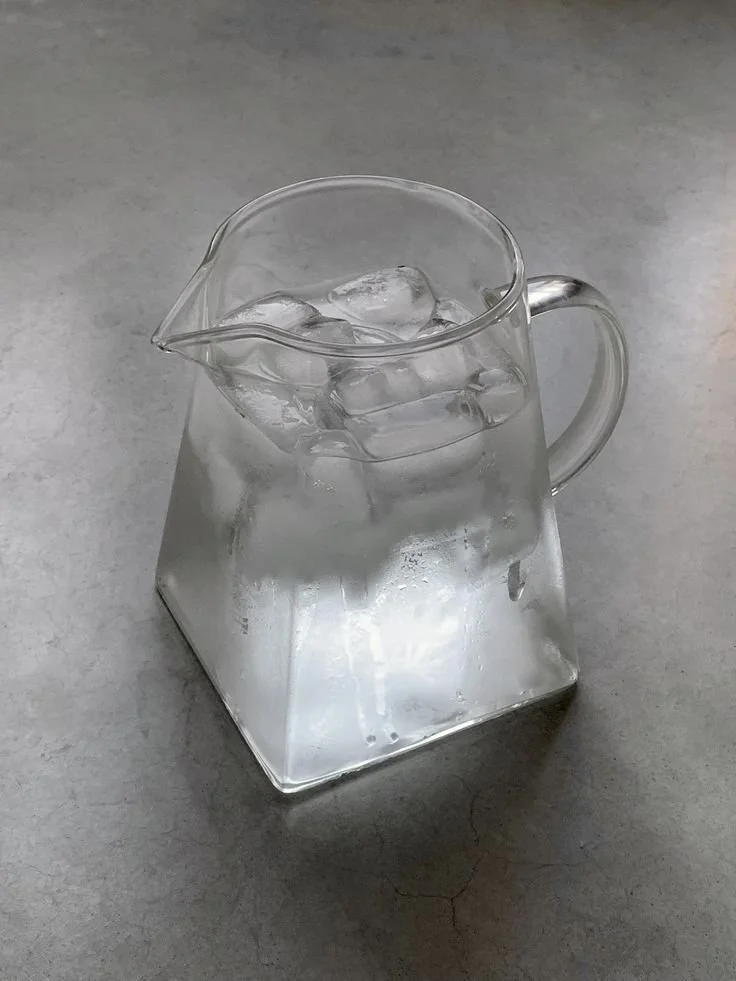Surprising Side Effects Of Dehydration You Probably Didn’t Know
Anyone who cares even a little about their health understands the importance of hydration. We’ve all heard the expert advice—drink at least 3 liters of water a day—and many of us now carry stylish reusable bottles to ensure we’re drinking water when we’re out and about. But despite our best intentions (and our cute metal bottles), staying properly hydrated is far more challenging than it seems.
Three liters of water is no small feat. That’s the equivalent of refilling a standard water bottle three to four times a day. Between work, errands, and the general chaos of life, most people struggle to finish even one full bottle. Yet, hydration is more than just a wellness trend—it’s a critical factor in how our bodies and minds function.
While most people associate dehydration with dry mouth or fatigue, the effects go much deeper. In fact, failing to drink enough water can lead to some surprising and often overlooked side effects.
In this article, we explore three unexpected consequences of dehydration that might just convince you to refill that bottle more often.
No. 1
The Mental Toll
You don’t often hear about the mental impact of dehydration, but it’s one of the most significant consequences. Even mild dehydration can impair mood, concentration, and cognitive performance. Studies have especially shown that dehydration can:
Reduce your ability to handle stress
Impair decision-making and task management
Increase the production of stress hormones like cortisol
In some cases, dehydration has even been linked to heightened symptoms of depression and anxiety. Remarkably, something as simple as a few sips of water can help ease the onset of a panic attack.
So, the next time you’re feeling mentally foggy or emotionally overwhelmed, consider whether you’ve had enough water. Your brain might just be running on empty.
No. 2
Sleep Struggles
Sleep and hydration are closely intertwined in a delicate, often overlooked cycle.
On one side, going to bed dehydrated can lead to:
Headaches
Muscle cramps
Restlessness
On the flip side, poor sleep quality can interfere with your body’s ability to retain water. This happens because sleep deprivation disrupts the release of vasopressin, a hormone that helps your body conserve water. There’s also evidence that poor sleep can negatively impact kidney function.
While you can’t hydrate in your sleep, drinking enough water throughout the day can help you enter the night fully hydrated. This promotes deeper, more restful sleep and helps break the cycle of dehydration-induced insomnia.
ThermoFlask
Stay refreshed in style with ThermoFlask soft-touch water bottles!
Designed for comfort, built to keep your drinks at the perfect temperature all day long.
No. 3
Hearing Setbacks
This one may surprise you: dehydration can affect your hearing. That’s right—insufficient hydration can lead to issues such as:
Tinnitus (ringing in the ears)
Muffled hearing
Vertigo
Why? Because your inner ear relies on a delicate balance of fluids to function properly. Dehydration can disrupt this balance and reduce blood flow, which is essential for maintaining auditory health.
Of course, if you’re experiencing any of these symptoms, it’s important to consult a hearing specialist for a comprehensive hearing examination to rule out other causes like infection. Still, if hydration is a factor, increasing your water intake could help alleviate or prevent these issues.
Takeaways
Hydration is more than just a health buzzword—it’s a fundamental pillar of physical and mental well-being. While most people are aware of the basic symptoms of dehydration, the less obvious side effects—like impaired cognition, poor sleep, and even hearing issues—are often ignored.
Drinking enough water might seem like a chore in your busy day, but it’s a small habit with massive benefits. By staying hydrated, you’re not just quenching your thirst—you’re protecting your mind, body, and long-term health.
So, the next time you glance at your half-empty bottle, take a moment to refill it. Your brain, your sleep patterns, and even your ears will undoubtedly thank you for making these positive lifestyle changes.
Looking for Wellness resources?
Are you looking to enhance your wellness routine? Explore our wellness partners who offer a wide range of resources to support your journey toward holistic living and well-being.































